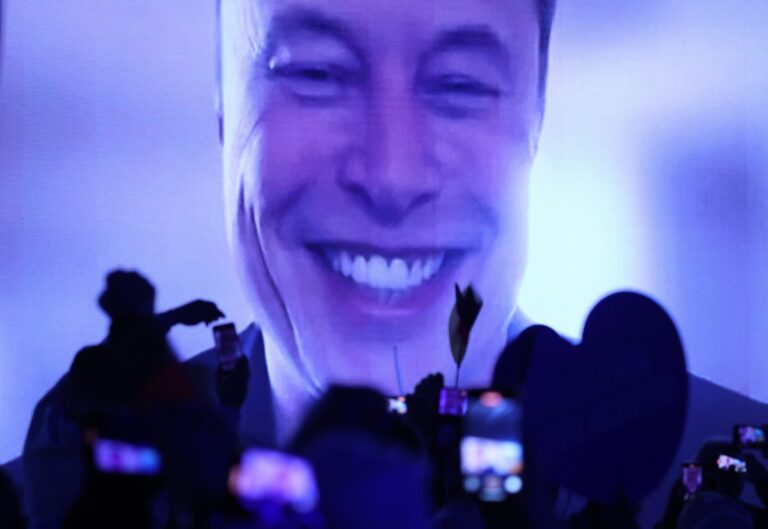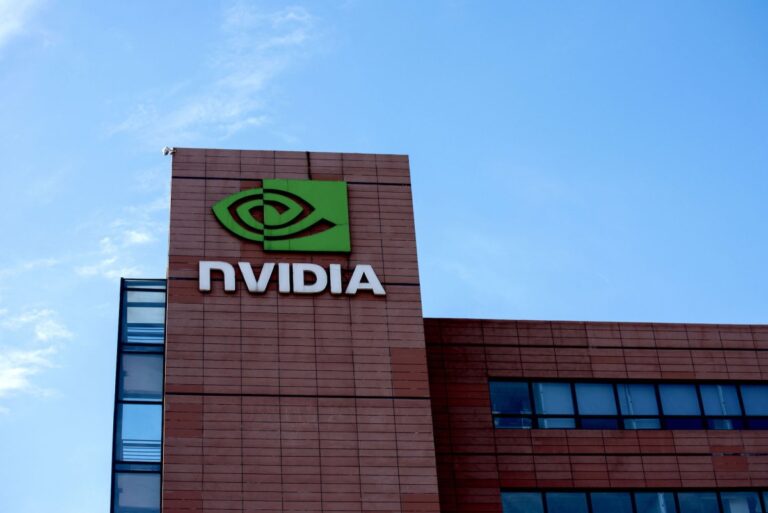Navigating Tariff Turmoil: Flexport CEO Ryan Petersen’s Bold Leadership Test
Last Thursday, a significant shift in global trade was triggered when President Donald Trump announced new tariffs during what he referred to as “Liberation Day.” This sudden change has left many U.S. importers, including Flexport’s founder and CEO, Ryan Petersen, scrambling to navigate the complexities of international logistics.
Impact of New Tariffs on U.S. Importers
At 11 a.m. in California, Petersen addressed over 2,300 concerned customers during a live stream, highlighting the urgent need for clarity amidst chaos. He humorously remarked, “We broke our livestreaming platform. We need to get a better one.”
Understanding the Tariff Changes
Within 24 hours, the global trade landscape was dramatically altered. Tariffs as high as 79% will soon apply to numerous products from China, including furniture. The once duty-free de minimis threshold for direct-to-consumer shipping, set at under $800, has now been compromised, introducing new customs obligations for U.S. importers.
- Proposed fines for ocean carriers could reach $1.5 million per port call for vessels made in China.
- Many companies relying on Vietnam for production are facing a 46% tariff.
- The de minimis program for global imports is being eliminated, impacting e-commerce giants like Temu and Shein.
Flexport’s Response to the Crisis
Faced with these challenges, Flexport has rapidly adapted. Petersen disclosed that he has already spoken to 200 customers this year, many of whom believed they had diversified their supply chains away from China just in time.
Petersen commented on the unexpected tariff imposition on Vietnam, stating, “I expected there to be duties pretty much everywhere, and that is what we saw.”
Communication is Key
Petersen emphasizes the importance of steady communication during a crisis. He stated, “Rule one in a crisis is everybody will rally around the calmest person in the room.” As clients grapple with fluctuating tariff tables, customs rules, and shipping costs, they are increasingly relying on Flexport for guidance.
Future Implications for Global Trade
More disruptions are anticipated, including a pending proposal from the U.S. Trade Representative that could impose hefty port fees on Chinese-built ships. Petersen warned, “They’re saying they’re gonna put in a fee… if the ship’s made in China, I think it’s a million dollars… a million and a half every time they come to the United States.”
This initiative aims to boost American shipbuilding but could lead to increased costs for U.S. importers and potential job losses among maritime workers.
Looking Ahead
Despite the turmoil, Petersen believes this is not the end of free trade. He noted, “Likely, this is not permanent.” Encouragingly, some countries, such as Vietnam and Israel, have already responded by eliminating duties on American goods.
For now, Petersen and his team are actively engaging with stakeholders, utilizing social media, and conducting webinars to keep the supply chain operational and mitigate panic. You can catch the full interview with Petersen, where he also discusses AI and his leadership philosophy, on TechCrunch.







